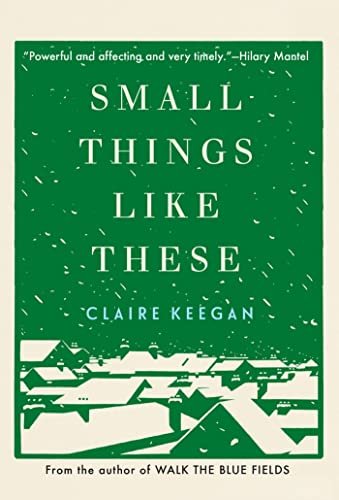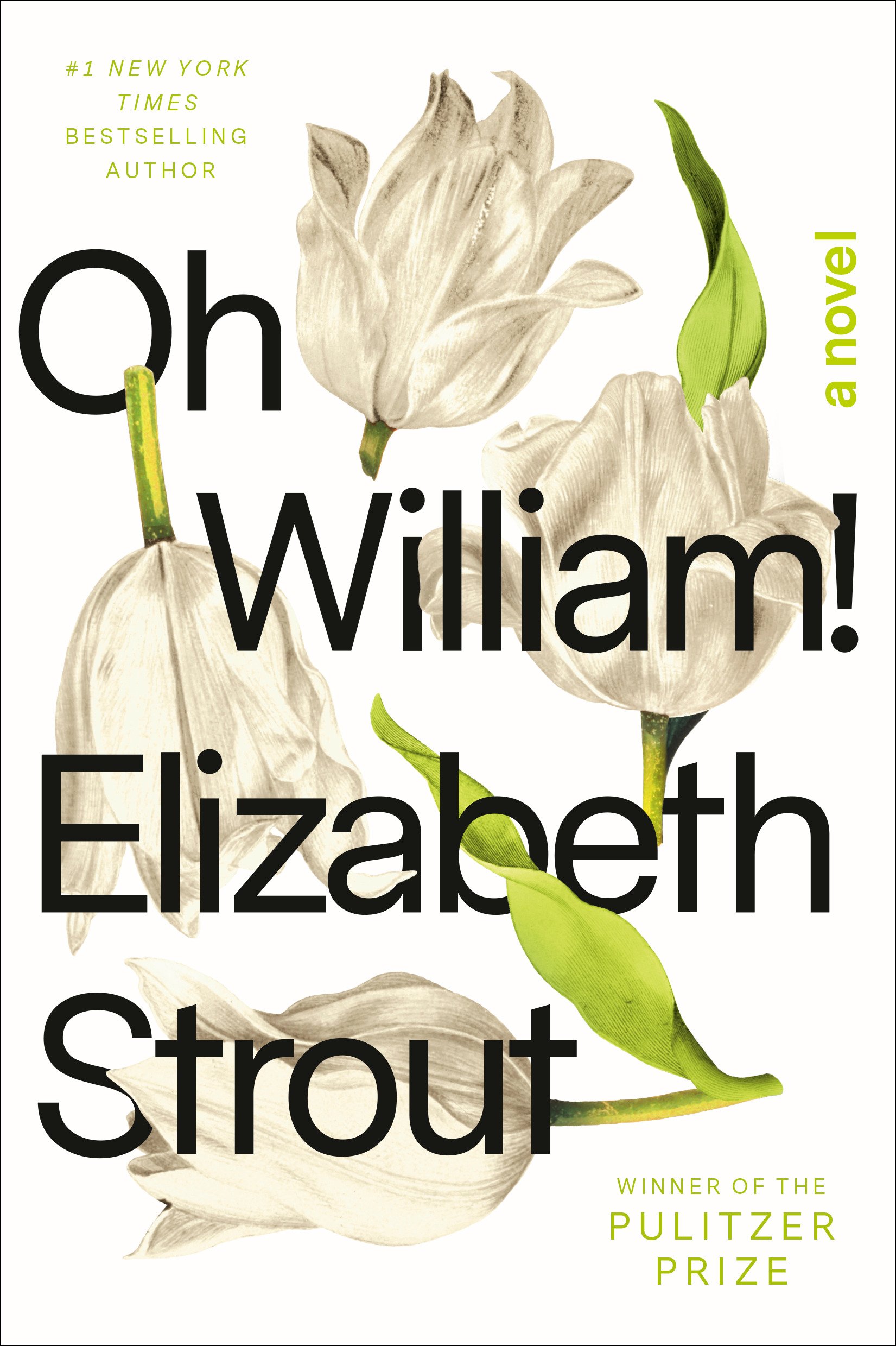
Recent Reviews

Lessons in Chemistry by Bonnie Garmus
I confess I was initially skeptical about Bonnie Garmus’ wonderful debut novel, ‘Lessons In Chemistry.’ I was put off by the bubble gum orange and pink cover. But thanks to my DJKKS book group, I not only read the novel but couldn’t put it down. ‘Lessons in Chemistry’ is witty, quirky, and wise. Garmus has created unforgettable characters who are authentic to themselves and others.
The novel’s protagonist is Elizabeth Zott. She has a master’s degree in Chemistry from UCLA, and her sole goal is to be a research scientist. But the year is 1952, and at every step of her academic journey, men hold power over her progress. They copy her work, call it their own, demean her and suggest she make coffee or take dictation. And, of course, they would not promote her. “Men wanted to control her, touch her, dominate her, silence her, correct her, or tell her what to do. She didn’t understand why they couldn’t just treat her as a fellow human being, as a colleague, a friend, an equal, or even a stranger on the street.”
Elizabeth Zott calls out the absurdities of a social system that resists using half the population’s talents. As women internalize their second-class status despite their equal capabilities, they psychologically internalize this externally imposed inferiority. But Elizabeth Zott’s brash and determined personality shows us what it could be like when women didn’t cower in the face of oppressive systems or align with their male oppressors. The book makes profound observations with humor and wit. A few times, I laughed out loud. But underneath wacky incidents and whimsical dialogue, Garmus exposes the absurdity of sexism in the 1950s, an era that many in our current political climate would like to replicate. ‘Lessons in Chemistry’ pleads with women to call out discrimination and act with courage rather than conform to the patriarchal system. I recommend this unique book. You will probably laugh while thinking about the perniciousness of sexism.
4.5/5.0

Small Things Like These by Claire Keegan
Despite its tranquil tone, Claire Keegan’s ‘Small Things Like These’ packs a provocative punch. In 114 pages, she delves into the heart and mind of a man questioning the purpose of his life. After witnessing a disturbing event, his past comes rushing into the present. Short-listed for this year’s Booker Prize, this small novel inspires,
Christmas is fast approaching in the small Irish town where Bill Furlong was born, raised and still lives. The year is 1985 and an economic downturn has enveloped the town. But Bill, a coal merchant, feels fortunate he can still support his wife and five daughters.
One day delivering coal to the Catholic convent for unwed mothers, Bill finds a young woman locked in the coal shed. It shakes him deeply and unearths thoughts about his own unwed mother. When Bill’s mother had become pregnant at 16, her family disowned her. Because the Protestant woman for whom Bill’s mother worked invited Bill’s mother to move in and raise her child, Bill’s mother was spared the convent for unwed mothers. A blessing for Bill and his mother.
What Bill saw at the convent begins to plague him. His wife says, “If you want to get on in life, there are things you have to ignore, so you can keep on.” But the image of that young, scared girl upsets the compassionate Bill Furlong. His relationship with the nuns is cordial, but still, his conscience won’t rest. “Why were the things that were closet so often the hardest to see?” Feelings about his deceased mother and his unknown father stir inside him. Bill begins to reevaluate his obligations to himself, his family and his community. He wonders, “Was there any point in being alive without helping one another?”
Claire Keegan’s sparse prose grabs her readers and places them in Bill Furlong’s heart and mind. In these turbulent times, she provokes her readers to contemplate their responsibilities to others. If each of us does one small compassionate act, our world would undoubtedly be a better place. 4/5

Oh William! by Elizabeth Strout
Elizabeth Strout is one of my favorite authors. No doubt, this Pulitzer Prize winner is a talented writer. But what I admire most is her persistent probing into the human psyche. What does it mean to be a person? Can we know ourselves? Can we really know the people we love? Strout’s books quietly invite readers to reflect on the nuances of family relationships. If you haven't read ‘Olive Kittredge’ and ‘The Burgess Boys’, I highly recommend them.
With “Oh William!” Strout explores the dynamics of a marriage. She revisits Lucy Barton, the protagonist of her last two novels. Lucy’s beloved second husband, David, has died, and Lucy has been pondering her life while grieving. Her ex-husband William, the father of her grown daughters, asks Lucy to join him on a road trip to Maine. His second wife has left him, and he wants to investigate a recently uncovered family secret. Romance is not the motivation; William needs Lucy’s company. Throughout their short adventure, Lucy thinks more specifically about her relationship with William and her initial attraction to him. With the passing of time and the help of a therapist, she is aware of just how little she knew about herself and William. Though her marriage lasted twenty years, she thinks, “William had always been a mystery to me. I am only saying: I wondered who William was.” Of course, she knew intimately William’s likes, dislikes, preferences and needs. But Lucy is wondering about something more profound, more complicated about their relationship.
Though Lucy is a successful 63-year-old writer living in New York City, she is still naïve and trapped within her youthful feelings of invisibility. Her voice is passive and distant. She has not psychologically moved beyond her impoverished childhood filled with neglect and disregard. Grateful for her writing career and kindhearted daughters, Lucy still doesn’t believe she deserves happiness. She tolerated William’s bad behavior in their marriage while making poor judgments herself. She reflects, “Who ever really knows the experience of another?”
Driving with William for hours in a car creates an opportunity for Lucy to understand more. Lucy and William query each other about different moments in their marriage and share their perspectives. The discovery of William’s family secret enriches their conversation.
When they return to their separate lives in New York City, Lucy comprehends a bit more about herself and her life with William. Without angst, she states on the final page, “Everybody in this whole wide world, we do not know anybody, not even ourselves! Except a little tiny, tiny bit we do. But we are all mythologies, mysterious. We are all mysteries.”
This short novel is packed with thought-provoking insights about marriage and the complexities of human relationships. Another gem by Elizabeth Strout. 4/5
